colorado river indian tribes water rights
The Ute Indian Tribe has a pending lawsuit challenging the project arguing that the pipeline would obstruct the tribes efforts to fully develop. The member tribes are.

With Water Leasing Vote Colorado River Indian Tribes Will Seek Consequential Legal Change Circle Of Blue
Certain members of CRIT along with their lawyers have been trying to accomplish this for years.

. A study of tribal water rights could shed light on future Indian water use. Combined they hold rights to a substantial portion of the Colorado Rivers flow. This tribal nation is the largest single user of Colorado River water in Arizona with rights to divert about 662000 acre-feet per year more than double the.
381 referred to in this section as the Act. This authority would enable CRIT to allocate its water resources to provide a short-term water supply for entities experiencing drought or shortages across Arizona and protect natural habitats along the Colorado River. S3308 - Colorado River Indian Tribes Water Resiliency Act of 2021 117th Congress 2021-2022 Bill Hide Overview.
Section 7 of the 1922 Colorado River Compact which addresses Native Americans consists of a single sentence. Roughly 20 percent or 36 billion cubic meters 29 million acre-feet which is more water than Arizonas total allocation from the river. A bill that would considerably expand the ability of the Colorado River Indian Tribes CRIT to market their water was just introduced into congress by Arizona senators Mark Kelly and Kyrsten Sinema.
2 As detailed below in Tables 1 and 2 Colorado River Basin tribes currently hold water rights to 3206088 acre-feet of Colorado River system water annually. Mark Kelly and Kyrsten Sinema to pass the Colorado River Indian Tribes Water Resiliency Act of 2021 which would allow the. These tribes hold legal rights to a significant amount of water many of which are the most senior in the basin.
Yet as the Colorado River Research Group has noted before existing uses of basin water already. With the oldest water rights in the basin the tribes are in a position to play a significant role in balancing water demand and supply and otherwise shaping. Combined the tribes hold rights to a substantial portion of the Colorado Rivers flow.
The Colorado River Indian Tribes Water Resiliency Act of 2021S3308 would create the authority for CRIT to further exercise its water rights. With the oldest claims to water the tribes command a considerable role in directing the regions future. The Colorado River Basin Tribes Partnership also known as the Ten Tribes Partnership is an organization formed in 1992 by 10 federally recognized tribes with reserved water rights in the Colorado River Basin.
There are an estimated 4000 persons constituting the four tribes of CRIT. Partnership Tribes have reserved water rights including unresolved claims to divert nearly 28 million acre-feet of water per year from the Colorado River and its tributaries. Percent of the basins annual average water supply while over a dozen others still have outstanding.
Nothing in this compact shall be construed as affecting the obligations of the United States of America to Indian tribes. Senators Mark Kelly and Kyrsten Sinema introduced the Colorado River Indian Tribe Water Resiliency Act legislation that would empower the Colorado River Indian Tribes CRIT to lease a portion of its Colorado River allocation to Arizona communities and reinvest portions of that revenue into making their water infrastructure more efficient. 150 2006 commonly referred to as the 2006 Consolidated Decree.
Kelly Mark D-AZ Introduced 12022021 Committees. B Water rights of allotteesThe Secretary shall protect the rights of the allottees to a just and equitable distribution of water for irrigation purposes pursuant to section 7 of the Act of February 8 1887 commonly known as the Indian General Allotment Act 24 Stat. The Upper Colorado River Basin Compact went one step further by declaring tribal water rights are to count.
The amounts priority dates and states where the. Tribes with reservations in the Colorado River Basin currently have quantified rights to divert about 20. Nothing in this compact shall be construed as affecting the obligations of the United States of America to Indian tribes The Upper Colorado River Basin Compact went one step further by declaring tribal water rights are to count against.
As Shortages Loom in the Colorado River Basin Indian Tribes Seek to Secure Their Water RightsWESTERN WATER IN-DEPTH. Senate - 03232022 Committee on Indian Affairs. Section 7 of the 1922 Colorado River Compact which addresses Native Americans consists of a single sentence.
Roughly 20 percent or 29 million acre-feet which is. 8 rows Although the Colorado Ute Tribes originally settled their water rights claims in the. There are 30 federally recognized tribes in the Colorado River Basin that collectively have rights to 32 million acre-feet MAF or about 25.
Ute Indian Tribe Ute Mountain Ute Tribe Southern Ute Indian Tribe Jicarilla Apache Nation Navajo Nation Chemehuevi Indian Tribe Colorado. These rights are in general the most senior water rights in the Basin and therefore some of the most protected from shortage. Combined the tribes hold rights to roughly 20 percent or 29 million-acre feet of the water in the Colorado River basin.
Colorado River As the Colorado River Basin becomes drier and. This figure is equivalent to nearly 26 of the mean annual flows of 1244 maf at Lees Ferry from 2000-2018 and nearly 22 of the mean annual flows of 1476 maf at Lees Ferry from 1906-2018. The Colorado River Indian Tribes are currently working with Arizona Sens.
Senate - Indian Affairs. 584 Colorado River Indian Tribes Water Supply CRIT possesses present perfected federal Indian reserved water rights from the Colorado River mainstem pursuant to the decree in Arizona v. California 1963 established water use rights of the Colorado River for CRIT as well as the Cocopah Indian Tribe Chemehuevi Tribe Fort Mojave Indian Reservation and Fort Yuma Indian Reservation.
As Shortages Loom in the Colorado River Basin Indian Tribes Seek to Secure Their Water Rights. S December 3 2021. Pursuant to Arizona v.
With the oldest claims to water Native American tribes in the Colorado River Basin command a considerable role in directing the regions future.
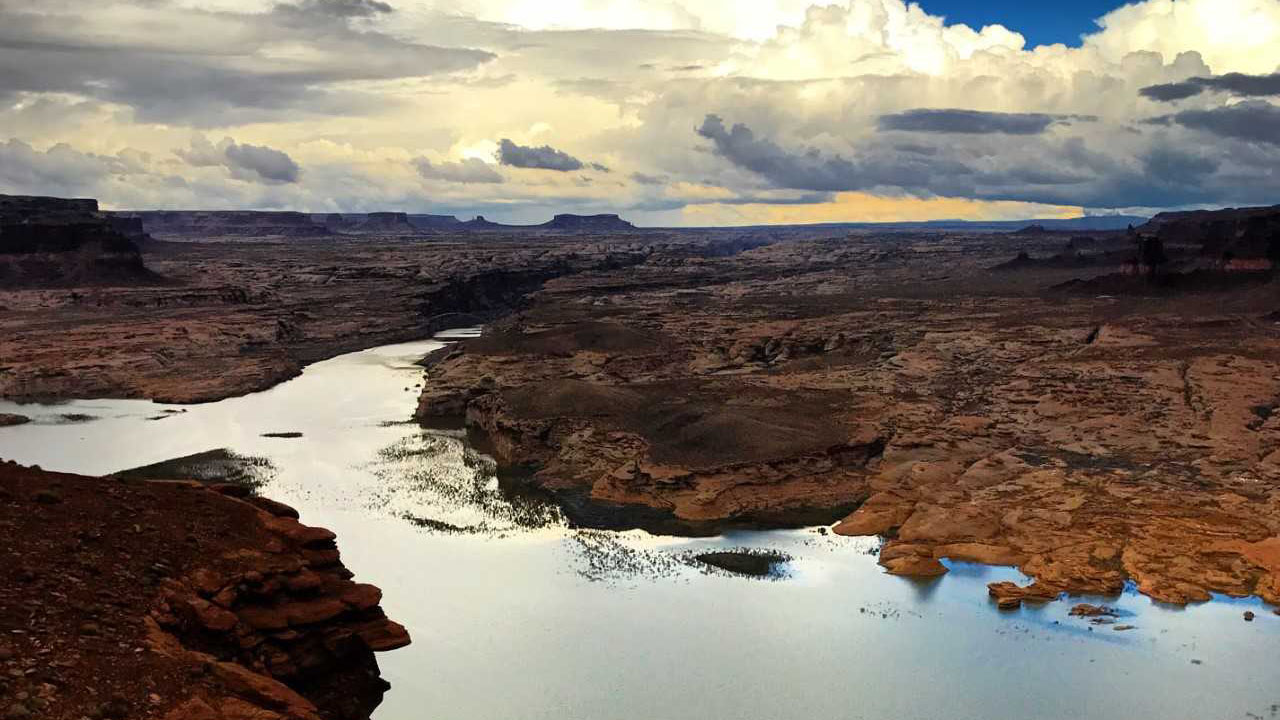
Bill Would Allow Colorado River Indian Tribes To Lease Water To Other Cities Azpm
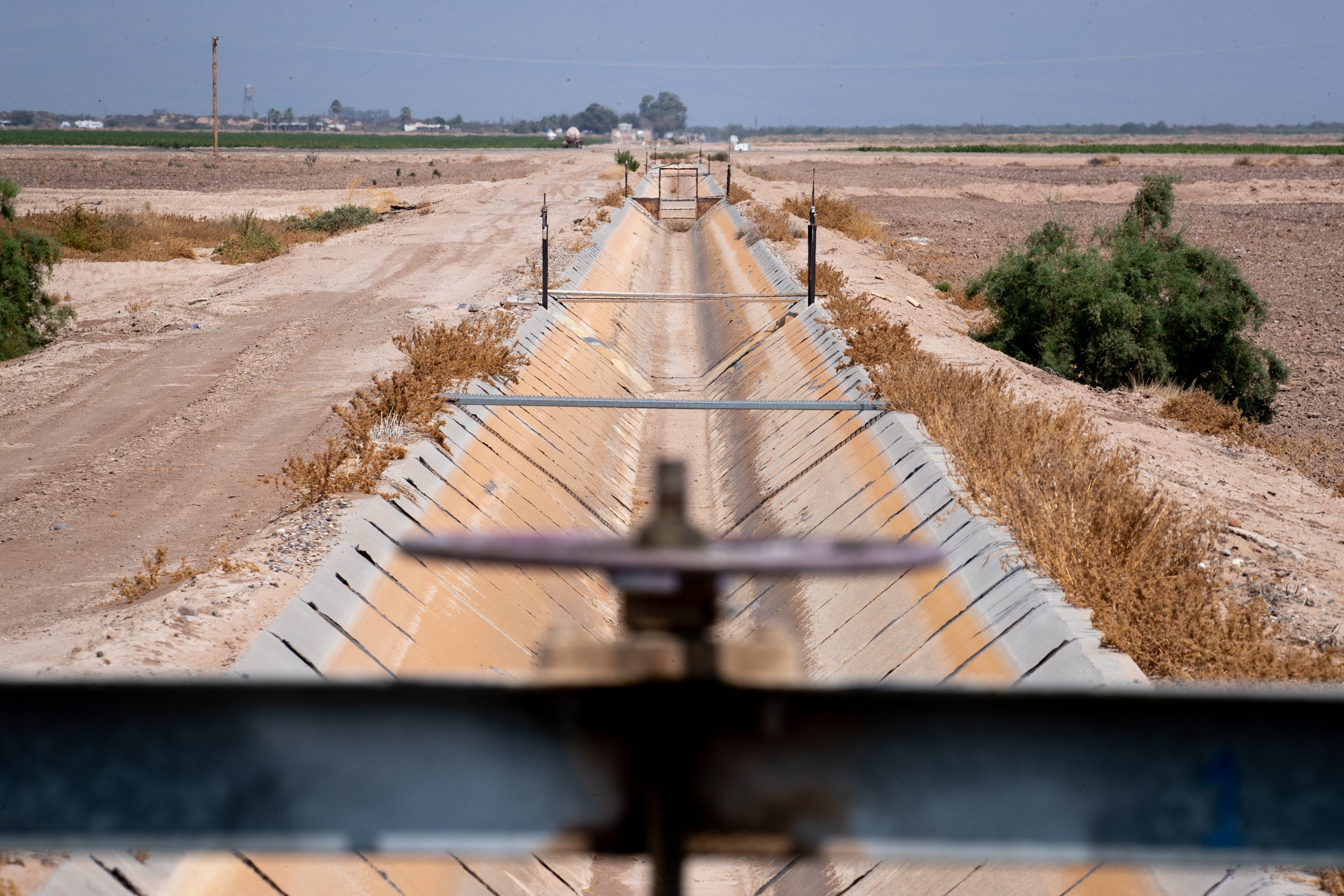
Colorado River Water With Senior Rights Could One Day Be Up For Grabs
Quechan Indian Tribe Tribal Water Uses In The Colorado River Basin

In Drying Colorado River Basin Indian Tribes Are Water Dealmakers Circle Of Blue
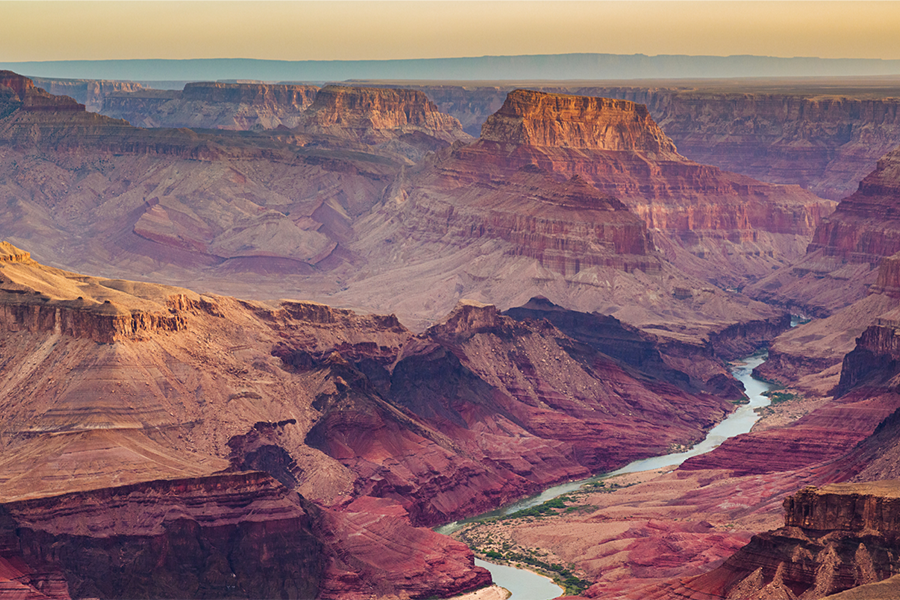
Colorado River Indian Tribes Crit System Conservation Project Business For Water Stewardship

Crwua Colorado River Water Users Association
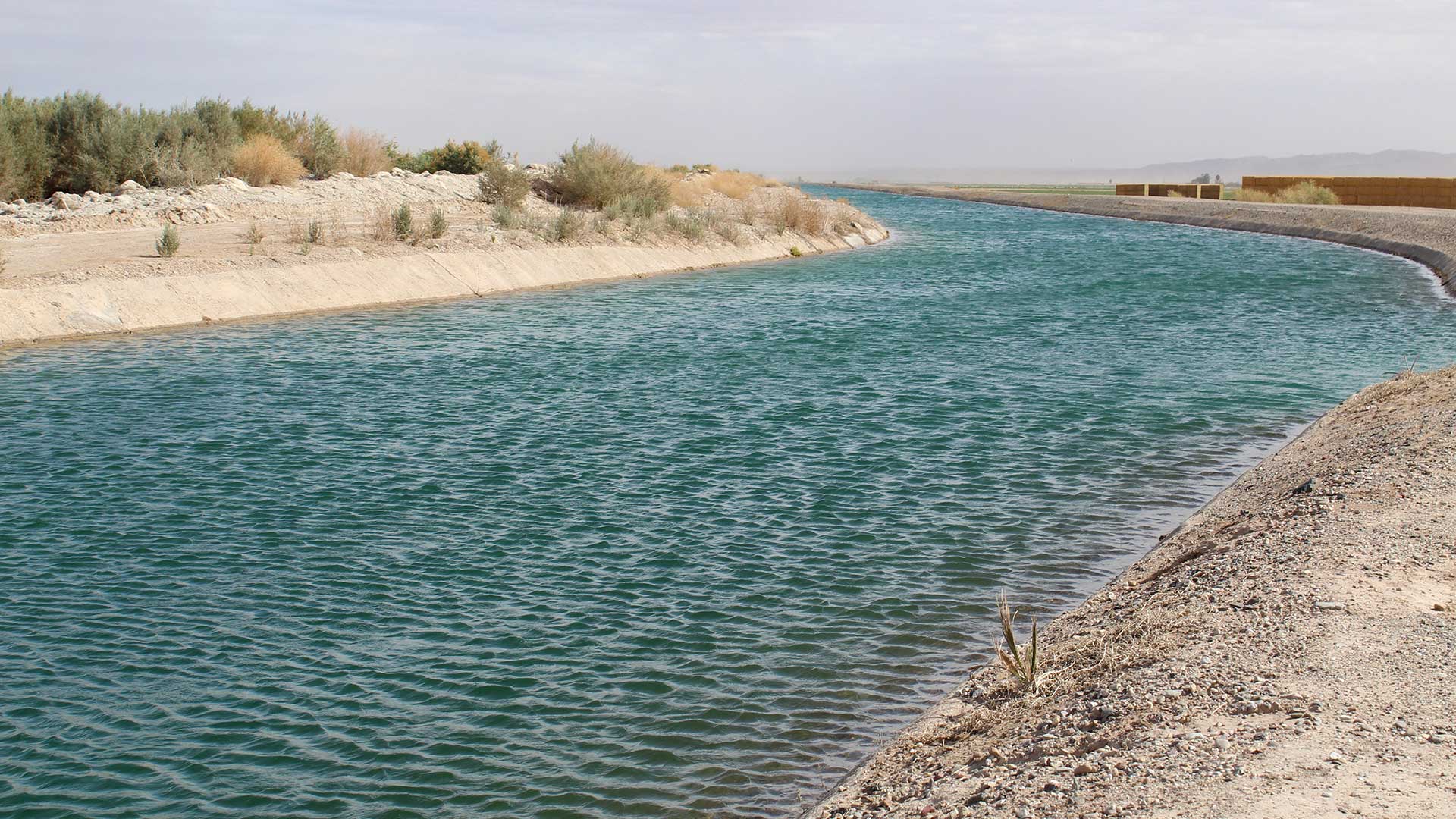
U S Senate Committee To Hear Testimony On Tribal Water Rights Azpm

As Shortages Loom In The Colorado River Basin Indian Tribes Seek To Secure Their Water Rights Water Education Foundation

Cap Board Supports Colorado River Indian Tribes Water Resiliency Act The Daily Independent At Yourvalley Net

Crit Gets Support For Leasing Its Water Parker Live
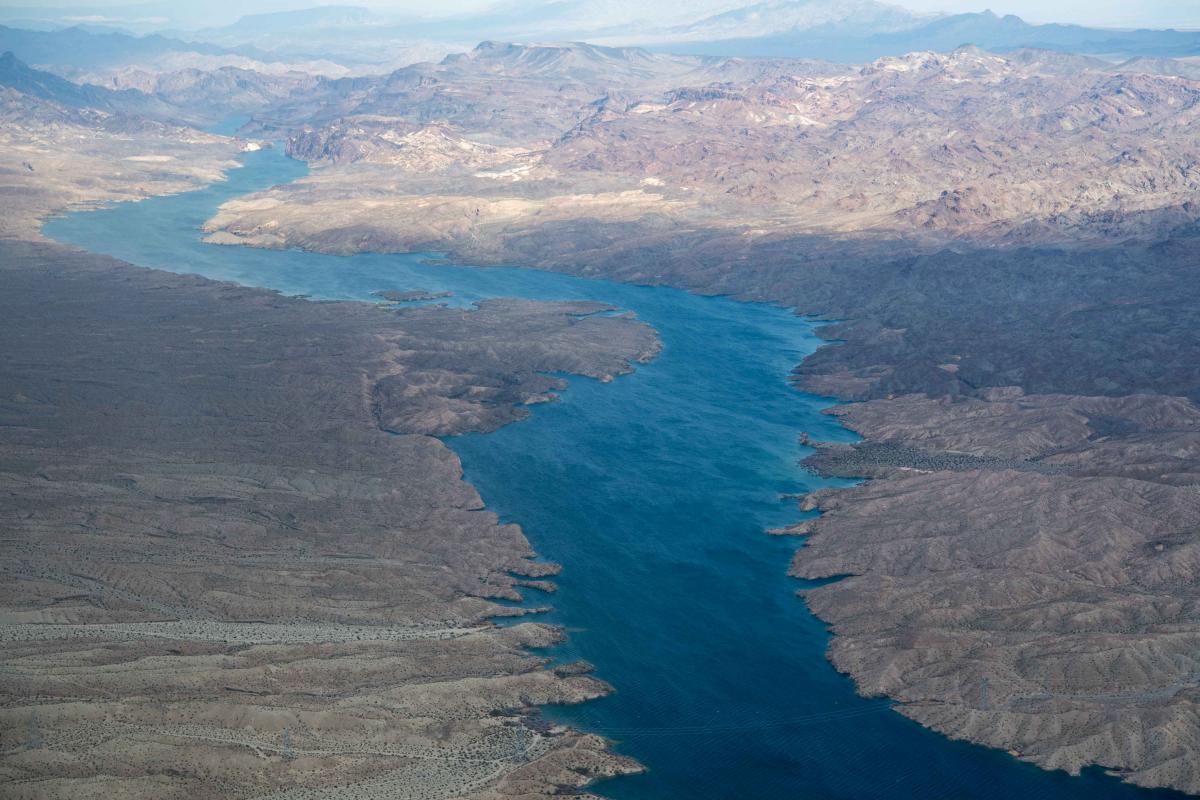
As Shortages Loom In The Colorado River Basin Indian Tribes Seek To Secure Their Water Rights Water Education Foundation
Colorado River Indian Tribes Tribal Water Uses In The Colorado River Basin

Colorado River Indian Tribes Wikiwand

Colorado River Water With Senior Rights Could One Day Be Up For Grabs

Legislation Would Let An Arizona Tribe Lease Its Colorado River Water Allocation
Tribal Water And The Colorado River Thoughts On The Recent Crwua Meeting Jfleck At Inkstain

In Drying Colorado River Basin Indian Tribes Are Water Dealmakers Circle Of Blue

Interactive Map Indian Water Rights In The Colorado River Basin Circle Of Blue
